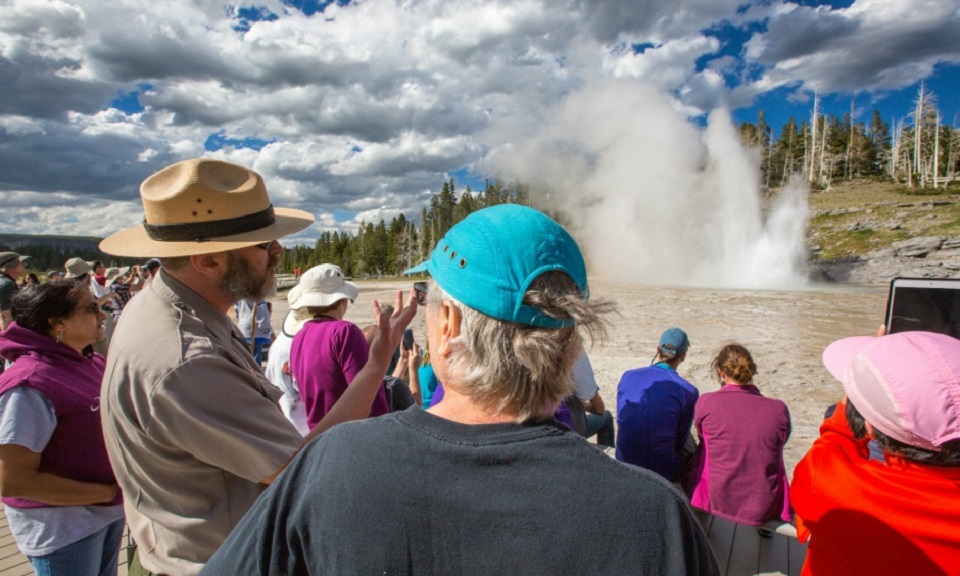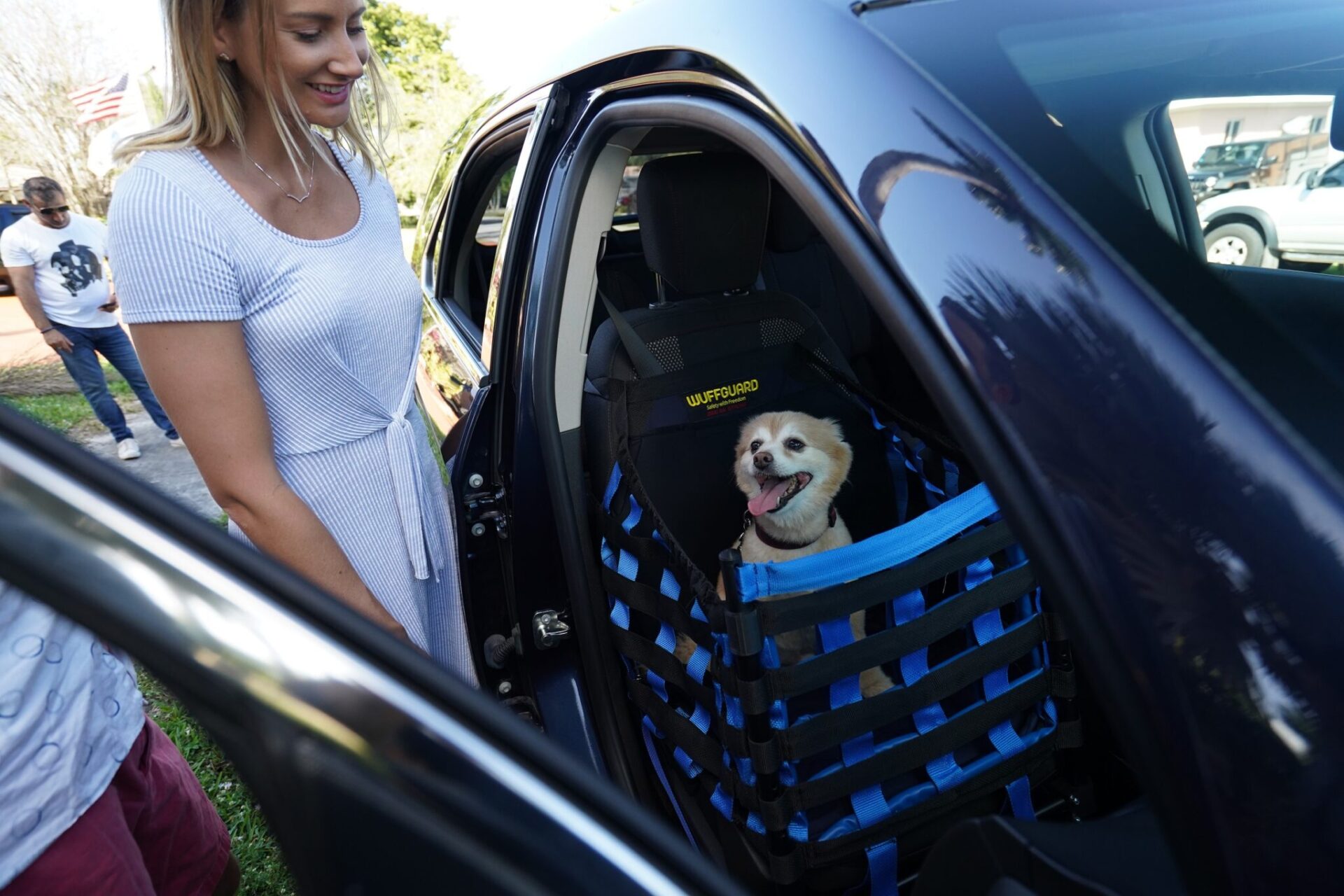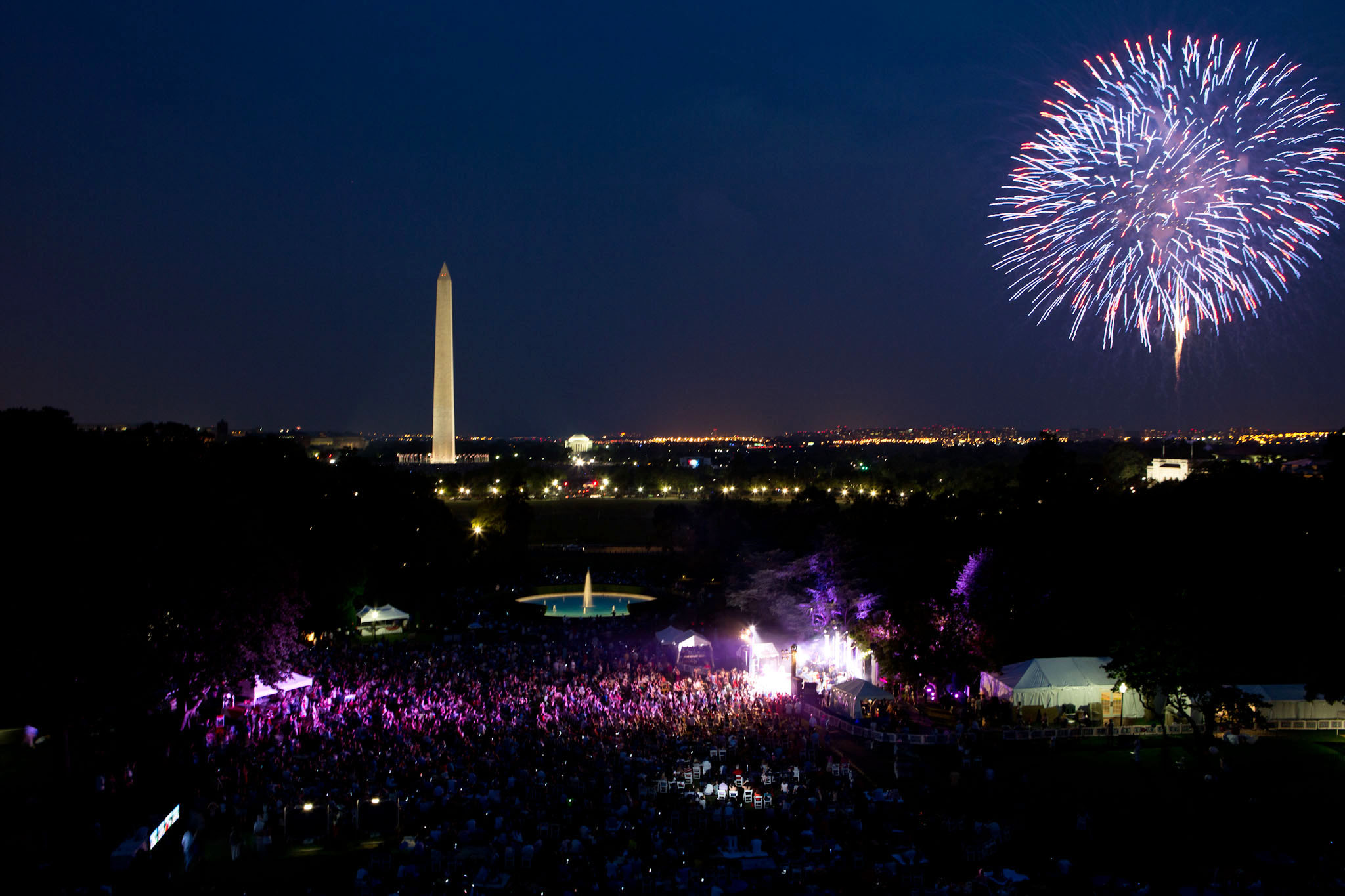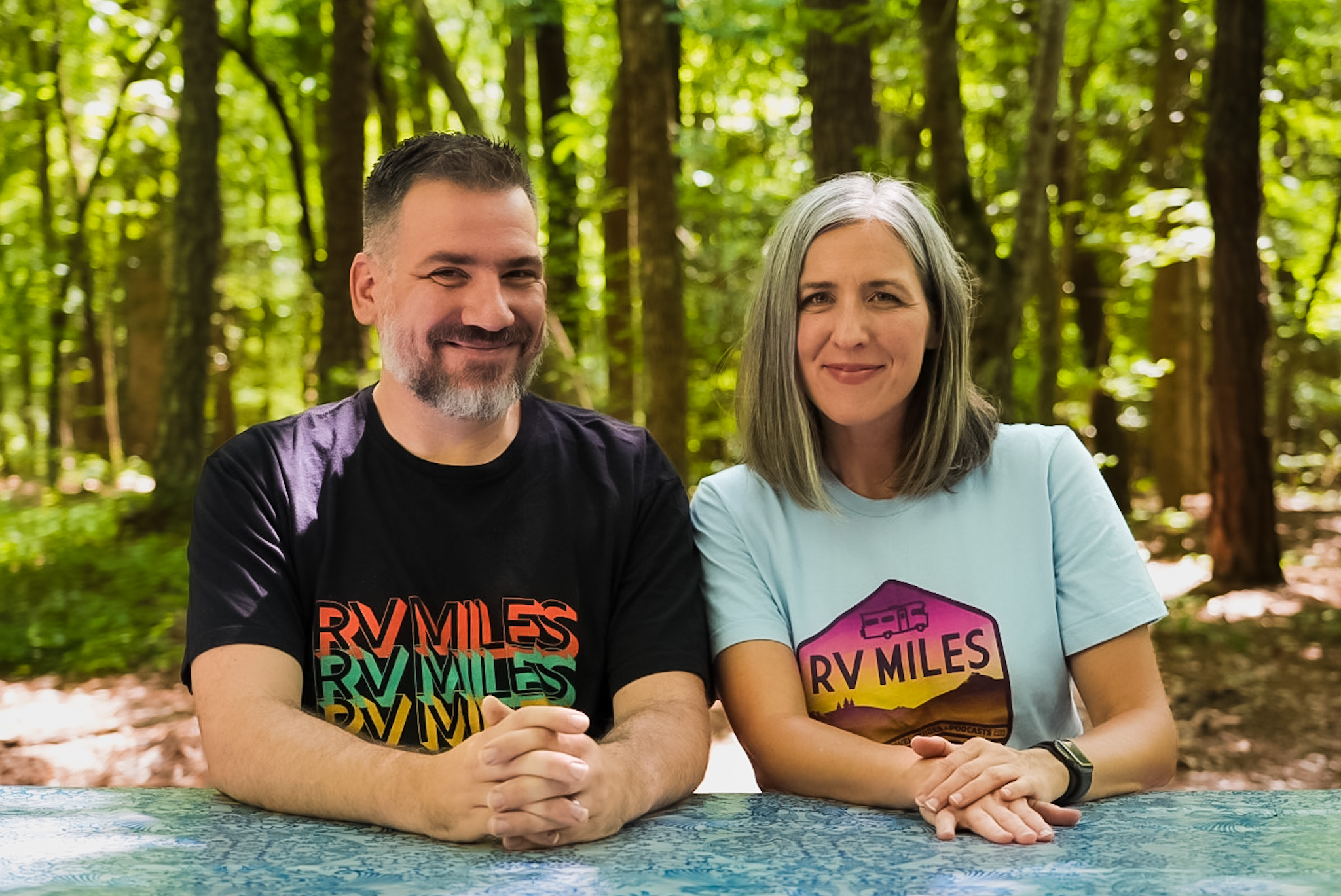Why does it feel like Camping World is disguising its new RV-specific dealerships?
You can watch the story on the RV Miles YouTube channel:
Why Do Dealers Sell So Many Different Brands?
Over the past few years, consumers and the RV industry alike have been grappling with service issues. It’s perhaps surprising then that very few RV dealerships have taken the route of focusing on a single brand.
Yes, there are a handful of exceptions, such as the rare Airstream-exclusive dealer, but by and large, dealerships typically offer a medley of RV types. Dealership options range from trailers to campervans to big Class A motorhomes and all from a multitude of manufacturers.
The reasoning behind this could be due to the sheer variety of brands available. There are over 200 RV brands gracing the US market. Dealerships often hold exclusivity over a certain area, making them the go-to place for a range of different RVs.
It’s a different situation than car dealerships, which frequently sell models from a single brand or a select group of brands under the same parent company. This variety at dealerships introduces a layer of competition to the marketplace, especially in areas where dealership options are limited.
However, it’s always been my belief that certain RV brands would greatly benefit from having their own dedicated dealerships. Let’s take Keystone as an example. They have a broad range of trailers, from compact travel trailers to top-tier fifth wheels, all made using similar parts and manufacturing techniques.
The advantages of a “Keystone-only” dealership are numerous. Having a deep understanding of the brand, salespeople could provide more detailed and accurate information to prospective buyers. Service technicians could specialize in Keystone models, leading to quicker and more efficient repairs. Moreover, the dealership could keep all necessary parts in stock, eliminating the wait for parts to be shipped.
This focus on a single brand could significantly enhance the customer experience compared to a dealership juggling dozens of brands at once.
Single-Brand Dealerships Coming Soon?
As it turns out, this shift towards single-brand dealerships might be on the horizon. Several of the RV industry’s leading brands are set to launch exclusive dealerships across the US. In fact, one has already swung its doors open — the Jayco Morgan Hill in California. This dealership offers a variety of Jayco models, from the Seismic to the Jay Feather. Morgan Hill is dedicated entirely to Jayco products.
This seems like a smart move, doesn’t it? However, it’s important not to make the assumption that Jayco Morgan Hill is run by Jayco, because it’s not. Jayco Morgan Hill is actually a front for Camping World.
Enter Camping World
Camping World is the largest RV dealership chain in the US. There are approximately 200 stores nationwide. Despite their size, they’ve earned a somewhat bitter reputation among consumers and those within the RV industry, although the latter rarely express it publicly.
Known for advertising the lowest prices, Camping World often springs additional fees on customers when it’s time to buy. They’ve been known to charge thousands for “pre-delivery inspection” and battery installation. They’re also notorious for their 20-year RV loans, enticing buyers with deceptively low monthly payments on even entry-level travel trailers. They do this knowing the RV is unlikely to outlast the loan.
It’s Not Just Camping World
Now, it’s not my intention to add to the chorus of “anti-Camping World” voices. We believe in presenting a balanced, fact-based view here at RV Miles. Just because you’ve heard the local Camping World dealership isn’t up to par doesn’t mean the independent dealership across the street is a paragon of virtue.
On its own merits, Camping World has built a negative reputation among a segment of buyers, myself included. Their sales tactics are certainly something to behold, reminiscent of a 70s used car dealership.
That said, just as many customers have had a positive Camping World experience as have had a negative one at a smaller dealership. Additionally, Camping World is an excellent source for RV parts and supplies.
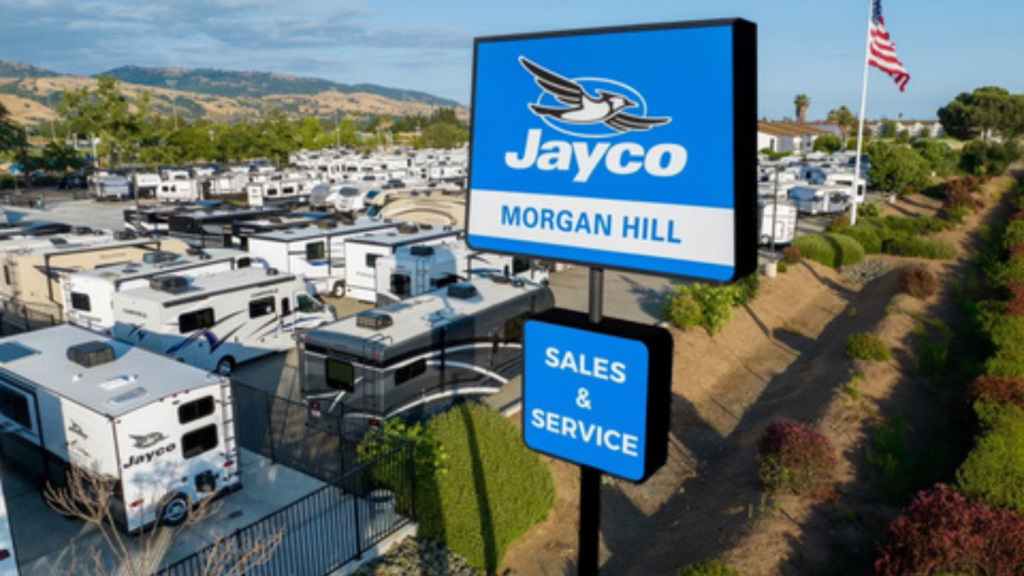
More Transparency
What does raise my eyebrows is Camping World’s strategy of portraying themselves as something they’re not. They are not your friendly neighborhood Jayco dealership
It’s worth noting that Camping World is currently on an acquisition spree. In fact, Camping World’s entire strategy over the past couple of decades has been acquisitions of its competitors.
The company has announced plans to increase its store count by 50% in the next five years, with a goal of having stores in all of the lower 48 states. This would allow them to sell online and deliver RVs across the country — a questionable idea given the potential logistical complications and customer service issues that could arise. This aggressive strategy could potentially lead to a monopolization of the market, which might result in decreased competition and increased prices for consumers.
What about the Smaller Dealerships?
One aspect of this strategy involves the acquisition of smaller dealerships, many of which don’t have the necessary footprint to become Camping World stores.
However, these smaller dealerships could be transformed into single-brand outlets, expanding Camping World’s acquisition potential and allowing the company to buy competitors in areas where it already has a dealership.
And that’s not just a hunch: Camping World has confirmed this in a press release, stating that the strategy “widens the acquisition funnel to include dealers with a smaller real estate format or those located near an established Camping World dealership where we have access to a multitude of brands that compete in the same segment.”.
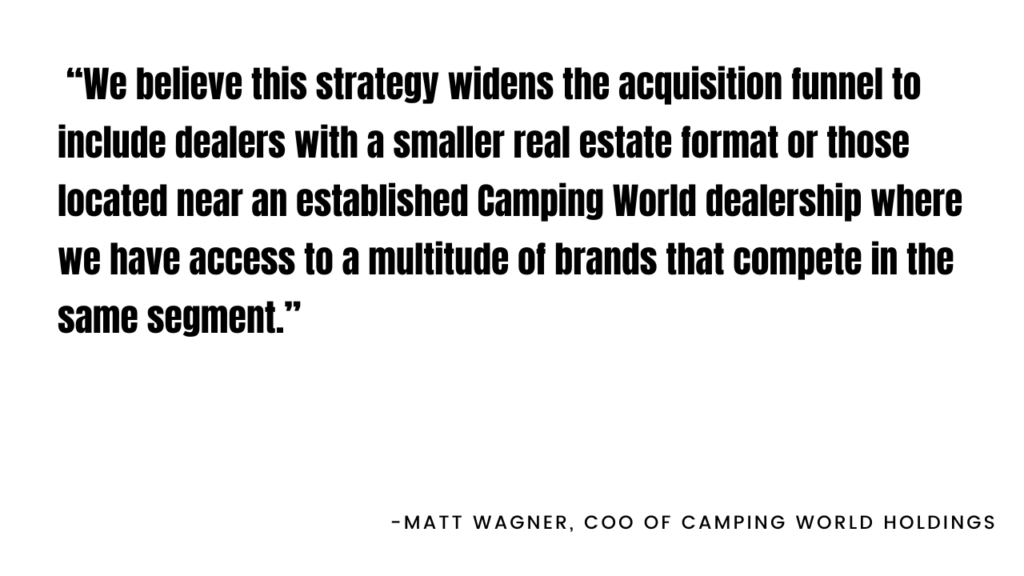
The company plans to open exclusively branded dealerships with various manufacturers in 10 different markets as part of its first wave of this strategy.
Could Camping Worlds Focus on a Single Brand Improve Quality?
It’s yet to be seen how this shift will impact the RV industry and the customer experience at these dealerships. While the focus on individual brands could potentially improve the level of expertise and service provided, it will largely depend on how well Camping World implements this strategy and manages these brand-specific dealerships.
Potential benefits for customers could include a more focused and knowledgeable sales team and service staff, and possibly more efficient repairs due to the specialization in a single brand. This could lead to a more streamlined and satisfactory customer experience, particularly for customers devoted to a certain RV brand.
However, there are also potential drawbacks to this strategy. Customers who are undecided on a brand or looking to compare different brands might find a brand-specific dealership limiting.
Additionally, if Camping World does not address the common complaints about customer service and support, the same issues will likely persist in these brand-specific locations.
In terms of the wider impact on the industry, this move could be a game-changer. If successful, it could prompt other large RV dealership chains to consider a similar strategy. Some of which have a more reasonable reputation. On the other hand, it might also create challenges for independent RV dealers who do not have the resources to compete with these brand-specific dealerships’ scale and branding power.
A shift towards brand-specific RV dealerships could potentially reshape the industry in significant ways, impacting both customers and other dealers. The success or failure will largely hinge on its execution, and observing how it unfolds in the coming yearswill be interesting.
Just make sure you know who you’re buying from.

